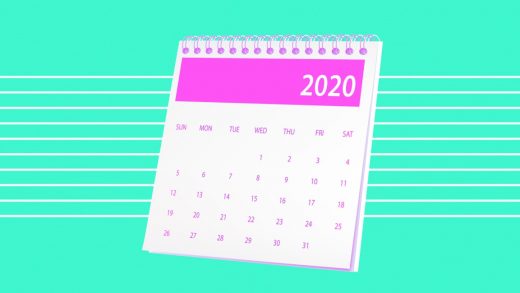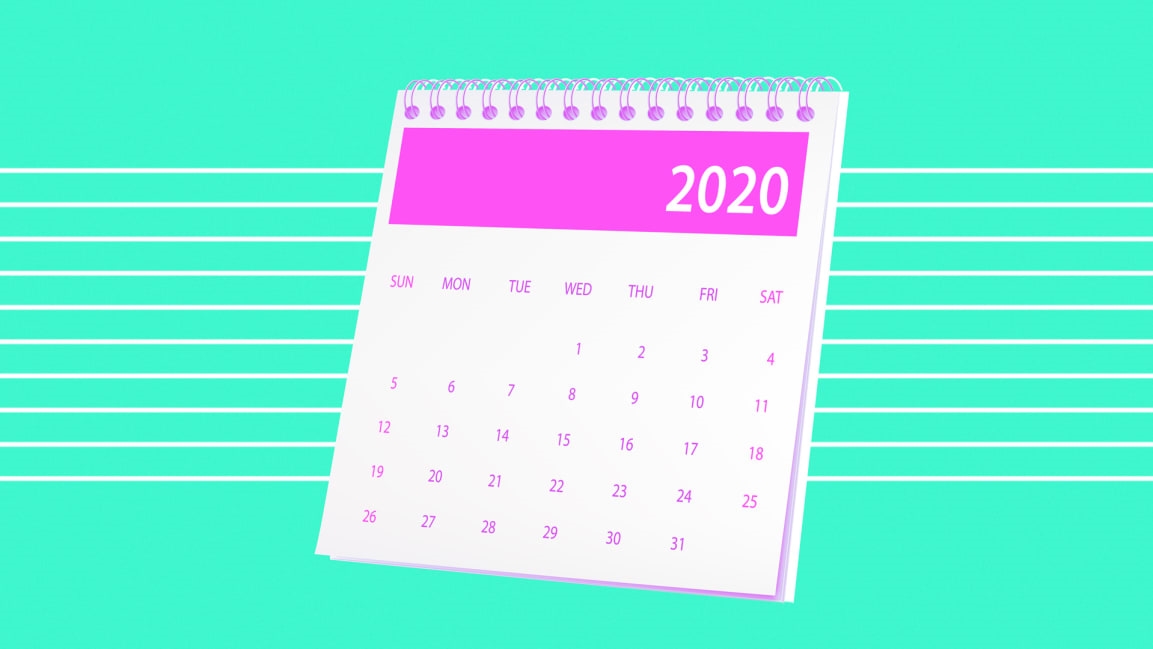5 ways to revive that job offer that COVID-19 put on hold
It’s well known that COVID-19 has taken a massive toll on the workforce, with more than 40 million people filing for unemployment in the U.S. alone. In addition to job losses and furloughs, many are also experiencing having a previous offer for a job or internship delayed indefinitely or rescinded. If you’re a job seeker who has gone through multiple rounds of interviews and finally landed a position, having that opportunity fall through can feel like a gut punch.
All may not be lost, though, if you’re on the receiving end of this bad news. One of my coaching clients (I’ll call Robin) was expecting an offer for a senior-level marketing position with a financial services firm, RHH (a fictional name), in early March. But just when she thought she was about to receive the nod from human resources, she was told later that month that all nonessential hiring had been put on hold due to the pandemic outbreak.
While Robin was devastated to receive this news, I encouraged her not to view the setback as a permanent “no,” even though her future with the employer was uncertain. So as she continued to look for other roles, she decided to stay in touch with the hiring team at RHH, hoping to remain top of mind should their hiring open up down the road. In the end, this strategy resulted in the job offer with the company coming alive a few months later.
Here are five steps Robin took to revive the offer that had initially appeared “dead-in-the-water”:
Understand why the offer went away
As an initial step, ask your contact on the hiring team why the offer is on hold. You should also try to find out whether the hiring process has merely slowed, or if it has been formally stopped, as there’s a significant difference. In a slowed process, there’s still a chance you’ll be hired; it may simply mean pushing back your timing on when you’ll be asked to join the organization. If this is the case, ask for a timeline of when hiring is expected to pick back up; you can then evaluate how long you are willing to potentially wait for a change in the company’s hiring status. But you may never receive an offer for a particular job if the company has permanently pulled the plug on hiring, especially in industries that have been hard-hit by the economic impact of the coronavirus, such as in the travel and hospitality industries.
Offer temporary work
Even when a position has been paused, the organization’s needs haven’t gone away. Explore whether the company is willing to take you on in a temporary capacity during the hiring hiatus. For example, the company could potentially turn your withdrawn job offer into a freelance or contractor position for a few months, rather than committing to a full-time permanent hire. This was the new tack Robin took in pivoting to explore freelance work with her prospective employer (all names are pseudonyms):
“Hi Mark, I heard from Laura Rogers that RHH decided to freeze nonessential hiring. While I am disappointed, I certainly understand your decision given the uncertainty in the economy. I want to thank you for the opportunity to speak with you and your colleagues. I had some terrific conversations and was impressed by the caliber of the team.
You mentioned several projects you were hoping to tackle by staffing this position. I recall that the team is conducting a marketing content audit and creating a client newsletter. I would be happy to help with these efforts on a contract basis. I can jump in as needed and am confident that I can add value. Please let me know if this is of interest to you. —Robin”
RHH responded that they liked the idea of contract work but that since they were deep in crisis communication mode, all new projects, including freelance hiring, were currently on hold. Although this was RHH’s situation, other companies may be in a position to allow for contractor hires, so it’s worth making the ask.
Share knowledge
After three more weeks passed, Robin decided to email Mark again. This time, she shared an article she had read that she thought he would find useful. Here’s how she followed up:
“Hi Mark! Just reconnecting and saying hello on this rainy Friday. Hope you’re well. I’ve read some of RHH’s recent thought leadership pieces and blog posts, and I’m sharing an article on marketing strategies that I thought you’d find helpful. Please let me know if anything changes on your end, as I remain very interested in working with your team. —Robin”
The point here is to always to keep the perspective of your potential employer in mind, as Robin did, each time you follow up. Think about their biggest business needs and determine how you might add value.
Stay positive
As her coach, I knew how anxious Robin was understandably feeling. It wasn’t only the RHH opportunity being put on hold that worried her but that many firms had slowed their hiring during the economic downturn. I emphasized to her the importance of not transmitting her angst to RHH in her communications, to avoid coming across as desperate, and to instead share positive news. Striking the right tone in her emails was critical. Here’s how she handled it in her next contact with the hiring manager a few weeks later:
“Hi Mark, I was thinking about you this week. How are you? I’m writing to thank you for the advice you gave me to talk to vendors who might know about their customers’ job openings or consulting needs. It’s resulted in two exploratory conversations. I wanted you to know, however, that RHH remains my top choice as an employer. I look forward to your updates on hiring status in the event that we can again explore working together. —Robin”
Be ready to interview again
In late May, Robin received an email from RHH saying:
“Hi Robin, we’re starting to think about how our team will look in this new normal and are seeking approval to restart our process for the senior marketing manager role. Are you still interested in continuing to interview? If so, let’s set up a phone call. Many thanks for your patience! —Mark”
Robin’s last interview with RHH was in late June, and she feels optimistic that an offer may follow. Throughout this process, what made the difference in helping to revive her suspended job offer was the time she spent building trust by staying in touch with the people she had met during initial interviews. Robin’s empathy and light touch reminded RHH why they wanted to hire her in the first place. By finding ways to remain top of mind, her actions gave the hiring team the motivation they needed to eventually move the process forward.
Although there is no guarantee that this opportunity will ultimately result in a job offer, the opportunity likely would not have been revived without Robin’s diligent follow-up. The next time you think about giving up on a job opportunity that may appear lost, keep Robin’s story in mind. A bit of empathy and persistence can go a long way toward helping you reach a stalled career goal.
Susan Peppercorn is an executive transition coach and corporate speaker. You can receive her free 8 Steps to Creating a Personal Brand.
(20)



